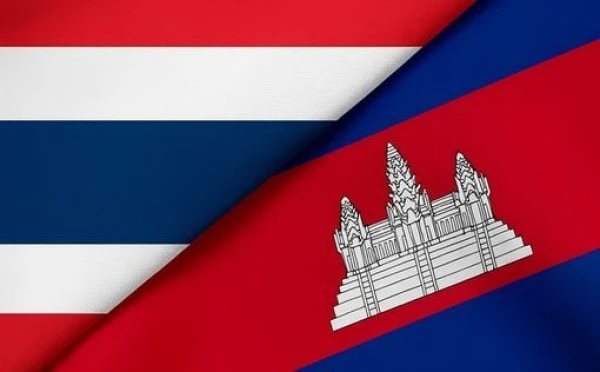
The water crisis in Izmir is worsening, and the reservoir levels in Istanbul have significantly decreased over the past few months.
According to the Istanbul Water and Sewerage Administration (ISKI), the reservoir levels supplying water to the agglomeration stand at 21.87%. On June 30, this figure was 66.23%.
In Izmir, where there has been a severe water shortage since summer and occasional supply interruptions, it is claimed that the reserve water has also been depleted.
In a conversation with DHA, Professor Dogan Yasar from Dokuz Eylul University stated that the water levels in the reservoirs in Izmir have dropped to a critical level, and the groundwater reserves have also been exhausted.
Experts believe that if the current trend does not change, Turkey risks falling into the category of water-scarce countries in the coming years, where the annual volume of freshwater per capita is less than 1,000 m³. This category includes Middle Eastern countries such as Saudi Arabia, the United Arab Emirates, and Qatar, as well as African countries like Somalia, Djibouti, and Eritrea.
In countries experiencing water stress, the annual volume of water per capita ranges from 1,000 to 1,700 m³. As of 2024, the annual volume of usable water per capita in Turkey is approximately 1,300-1,400 m³.
Water-rich countries, on the other hand, consist of nations located around the equator, where monsoon rains typically exceed 8,000-10,000 m³.
Why is there a water shortage?
The largest consumer of water in Turkey is the agricultural irrigation sector, which accounts for 70%. The industrial sector accounts for about 15%, while domestic use and drinking water also account for around 15%.
Experts believe the main cause of the water crisis is climate change and the resulting drought. The Mediterranean region is one of the most affected areas in the world. If a large-scale regression in global warming is not achieved, drought is expected in the Mediterranean basin.
However, factors such as population growth, inefficiency in agricultural irrigation, and environmental pollution also have a significant impact. If these factors remain unchanged, it is possible that Turkey will become a water-scarce country in 20-30 years, that is, by the 2050s.
How does the mining industry pollute water resources?
Mining exploration activities, which have been gaining momentum in recent years and causing nationwide protests, are also a significant factor in the pollution of water resources. The process of washing extracted minerals and purifying them with substances such as cyanide severely contaminates both groundwater and surface water resources. Such sites include thermal power plants and gold mines.
Residents of Usak, where water is supplied from 4 PM to 10 PM as a precautionary measure, claim that the gold mining company Tüprağ consumes more water than the entire region.
The company insists that the gold mine does not consume the resources of the people of Usak and that it used only 47% of its allocated annual water volume last year.
Discussions about the causes of the water crisis are becoming increasingly active. Some, including celebrities on social media, are urging people to conserve water in their households. However, many remind that the true cause of the water crisis is the mining and agricultural industries. Climate activists emphasize that individual measures are also important, but the solution should not be limited to individual actions.
Radical innovations are needed to create a more sustainable industry. One such solution is to improve the efficiency of agricultural irrigation.
The most common method in Turkey, "flood/wild irrigation," means completely filling the field with water. In this method, 50-60% of the water is lost due to evaporation, infiltration, or runoff. Especially in hot and windy regions, much of the water brought to the field evaporates before reaching the soil.
The incorrect choice of crops is another significant factor. This means growing water-intensive crops in unsuitable regions. For example, when water-intensive crops such as cotton, corn, sugar beets, and rice are planted in water-scarce areas, water resources are quickly depleted.
Additionally, up to 30% of water is lost in open channels, unlined irrigation ditches, and old irrigation systems.
Discussions and research on desalination of seawater are ongoing in Turkey. However, many experts believe this practice has not gained widespread acceptance due to the need for large investments.













Leave a comment